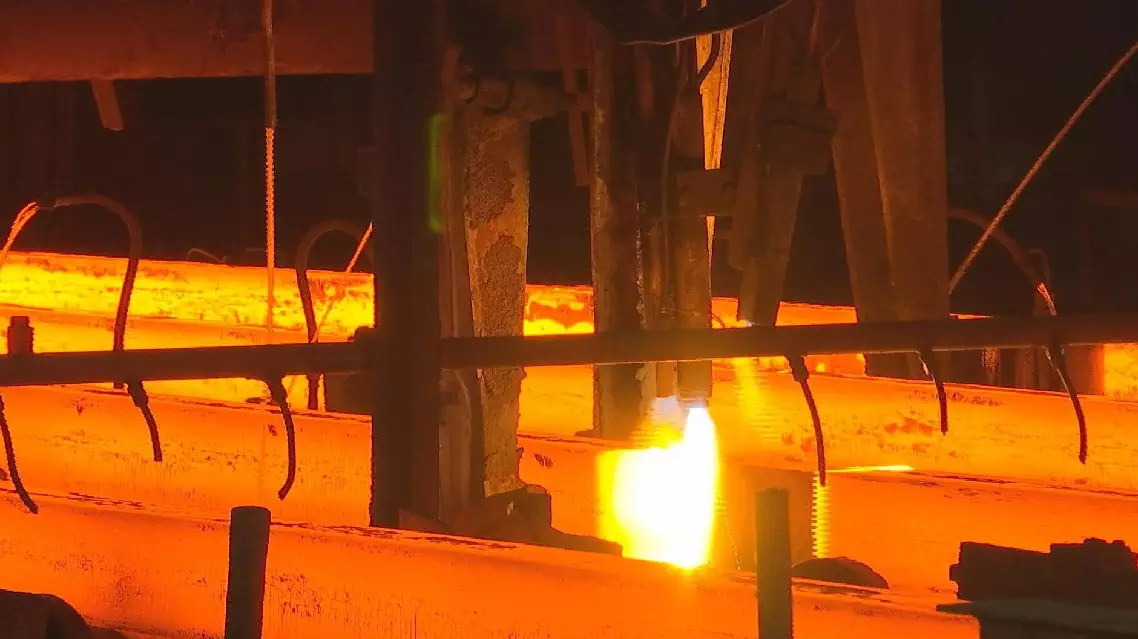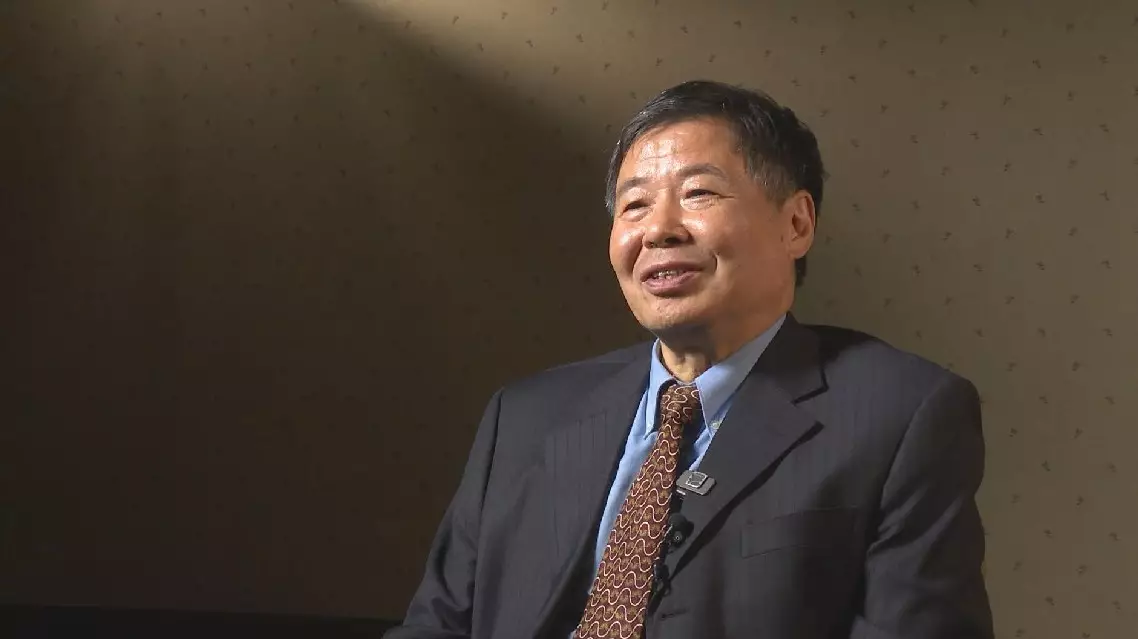China's steel export grew 21.2 percent year on year in the first three quarters this year, according to the data released by China Iron and Steel Industry Association (CISA) Friday.
The data showed that China exported a total of 80.71 million tonnes of steel in the first three quarters.
The increased export is driven by an improved industrial structure, said Jiang Wei, vice president of CISA.
"As the county further advanced its industrial restructuring, the consumption structure of steel was also further improved, with steel consumption expanding rapidly particularly in sectors of new energy industry, high-end equipment manufacturing industry, and electric vehicle industry," said Jiang.
China has been promoting the digitalization and the green transition of its steel industry. The sector will be included in the country's carbon trading market, where the enterprises will be given a certain amount emissions quota over a designated period of time and trade the unused quota if they lower their carbon emissions.
The country is also working on a three-year action plan to digitalize the industry, with the corresponding guidelines issued to give specific plans of transition to links from production to buissness operation.
By early October, 159 steel companies in China had completed or partially completed the transformation and the evaluation of ultra-low carbon emissions.
By the end of 2025, the steel enterprises in the main steel-producing regions would have basically completed their ultra-low carbon emissions transformation.

Steel export up 21.2 pct in first three quarters
The U.S. economic bullyism toward other countries will ultimately backfire, warned Zhu Guangyao, former Vice Minister of Finance of China, adding that the upcoming Donald Trump administration could pose significant challenges, not only for China but for the global community as a whole.
Zhu made the comments while attending the Annual Conference on China's Economy, organized by the China Center for International Economic Exchanges (CCIEE), a prominent public policy think tank. The conference, held in Beijing on Saturday, aimed to bring together experts, industry leaders, and government officials to discuss strategies for advancing China's economic development.
In an interview with China Global Television Network on the sidelines of the event, Zhu shared his insights into the potential implications for both China and the global economy under a second Trump administration.
"The upcoming Trump administration will pose a direct challenge to the entire international community. Trump's primary approach is through tariffs. Of course, we must also examine his broader economic strategies. For example, he has expressed a desire to cut U.S. corporate income taxes, which could have a profound impact on the global strategies of multinational corporations. At the same time, we need to consider the effects of Trump's policies on strengthening national defense and imposing sanctions against other countries," said Zhu.
Earlier, Trump announced plans to raise tariffs by an additional 10 percent on all Chinese goods entering the U.S., raising concerns that this could further strain China-U.S. trade relations and have a broader impact on the global economy.
Commenting on Trump's tariff threats, Zhu remarked, "I must say that the Sino-U.S. relationship is bound to face challenges as China's economic power continues to grow. The U.S. views China as the only country capable of competing with it in terms of both capability and willingness. However, China has never said it wants to replace any other country. Our development is for the happiness of the Chinese people and for world peace and advancement. This is China's core philosophy. On the other hand, the U.S. sees China as its greatest competitor and is attempting to suppress us in every possible way. But I believe that such suppression will ultimately backfire."
Zhu also noted that while the U.S. has taken steps to restrict China's high-tech development, China's semiconductor exports reached 1.03 trillion yuan (about 141.52 billion U.S. dollars) in the first 11 months of the year, reflecting a 20.3 percent year-on-year increase.
Turning to Trump's threat to impose a 25-percent tariff on all products imported from Mexico and Canada, Zhu warned that such protectionist measures could undermine regional free trade agreements.
"Trump is targeting what was originally the North American Free Trade Agreement, and later the United States-Mexico-Canada Agreement. His actions are effectively dismantling this alliance. I heard that Canadian Prime Minister Justin Trudeau visited Mar-a-Lago to speak with Trump, but unfortunately, it yielded no results," said Zhu.

US economic bullyism against other countries to backfire: former vice minister of finance










